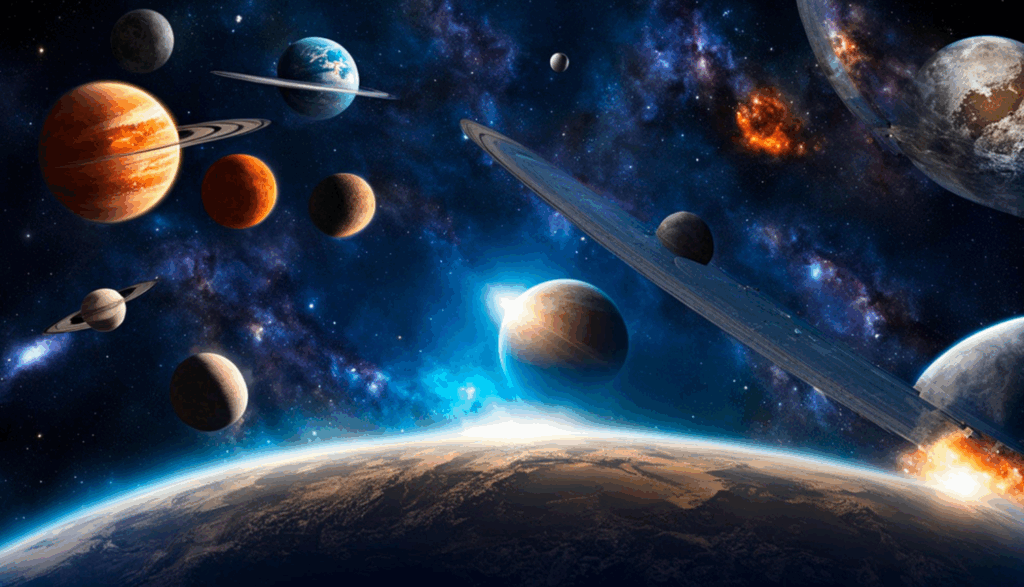As rockets pierce the sky and satellites beam back data from the edges of our solar system and beyond, humanity’s relationship with the cosmos is changing. Scientific advancements have transformed our understanding of the universe—from mapping distant galaxies to discovering Earth-like exoplanets and studying the birth of stars. In this era of rapid astronomical discovery, many ask: what place does astrology still hold, and how does space exploration reshape our interpretation of it?
Astrology is an ancient system built on the observation of planetary movements and their correlation with human behavior and earthly events. Rooted in the geocentric model, it assumes that the positions of the Sun, Moon, and planets at the moment of birth have symbolic influence on a person’s character and life path. For centuries, astrologers worked with what they could observe: the classical planets, the Moon, and a handful of fixed stars.
However, the Age of Space Exploration—starting with the launch of Sputnik in 1957 and accelerating through missions to the Moon, Mars, and deep space—has vastly expanded our celestial map. We’ve discovered new planetary bodies such as Uranus, Neptune, and Pluto in the last few centuries, with even more recent findings including Eris, Haumea, and thousands of exoplanets orbiting stars in distant galaxies. We now know the universe is more immense and dynamic than ancient astrologers could have imagined.

Rather than discrediting astrology, these developments have inspired some astrologers to evolve their practices. Many now include newly discovered planets and asteroids like Chiron, Ceres, and Vesta in natal charts. These additions are believed to add layers of psychological depth and insight, reflecting modern concerns such as healing, identity, and transformation. In this sense, astrology has shown a remarkable capacity to adapt and remain relevant despite shifting scientific paradigms.
Still, the fundamental divide remains: astronomy is rooted in objective measurement, while astrology is based on symbolic interpretation. Critics argue that astrology lacks empirical evidence and should not be conflated with science. Yet for millions, astrology remains a valuable tool for introspection, decision-making, and understanding patterns in life. Its enduring popularity in apps, horoscopes, and personal consultations reflects a deep human need for meaning and connection—needs that technology and data alone may not fulfill.
Related: Jupiter and Higher Learning: The Planet of Philosophy and Exploration
Ironically, the more we learn about the universe, the more astrology’s core message seems to resonate: that human life is not separate from the cosmos but intertwined with it. Space exploration reminds us of our smallness, yes—but also of our place within a vast, mysterious order. Astrology, in this light, can be seen not as a science of prediction, but as a language of symbolism that helps people navigate an ever-changing world.





















